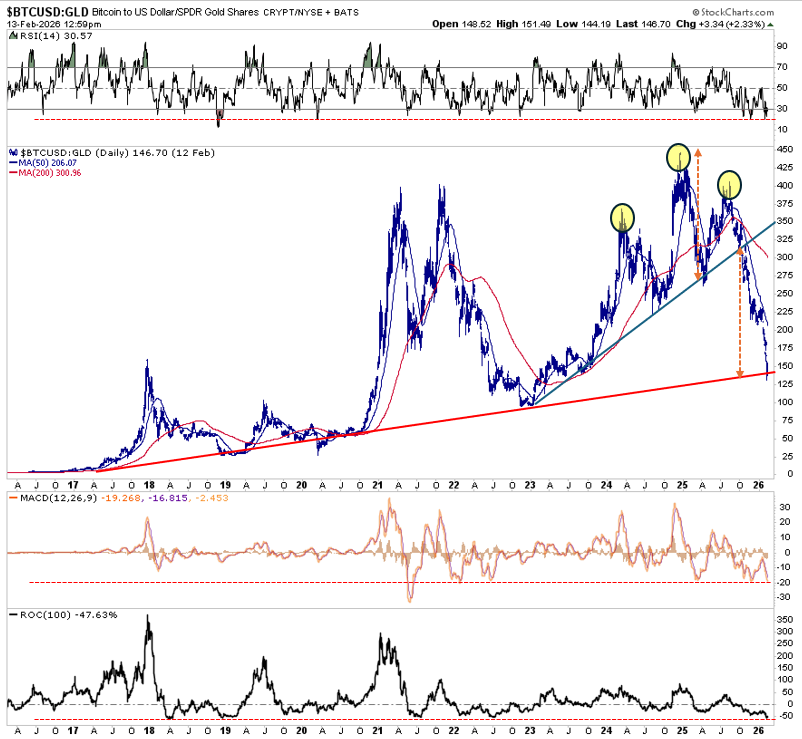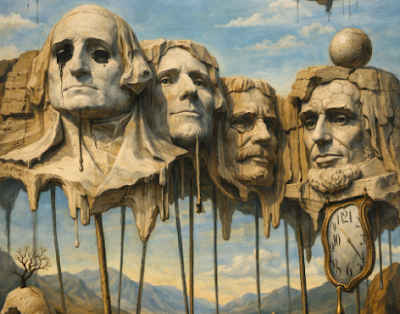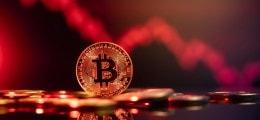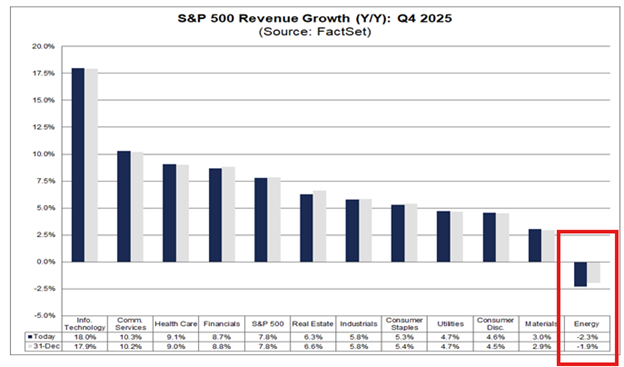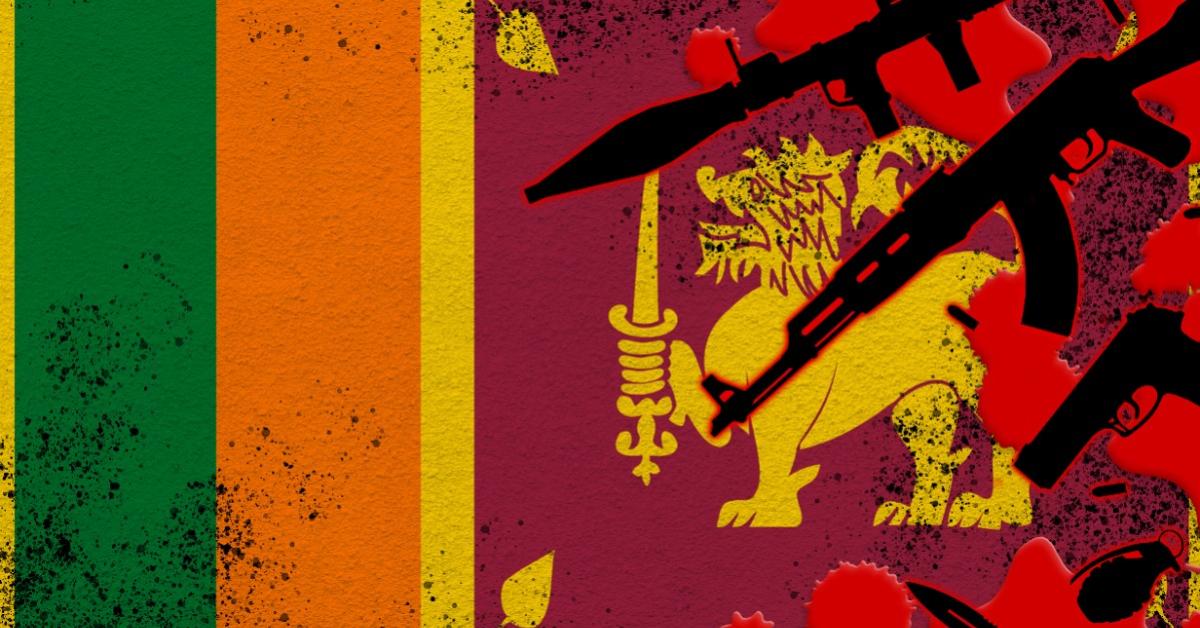 The subject of time and money has hit a boiling point. Just look at Sri Lanka and Iran, where food riots have turned deadly, or, shall we say, currency riots have. People can’t buy food, and “protesters angry at the soaring prices of everyday commodities including food, have burned down homes belonging to 38 politicians as the crisis-hit country plunged further into chaos, with the government ordering troops to ‘shoot on sight,’” reports invesbrain.com.
The subject of time and money has hit a boiling point. Just look at Sri Lanka and Iran, where food riots have turned deadly, or, shall we say, currency riots have. People can’t buy food, and “protesters angry at the soaring prices of everyday commodities including food, have burned down homes belonging to 38 politicians as the crisis-hit country plunged further into chaos, with the government ordering troops to ‘shoot on sight,’” reports invesbrain.com.
Murray Rothbard used to joke that the masses won’t hit the barricades over indifference curves. They will charge if they can’t afford food. For the better situated, the British pound has fallen to the point where flying to London first class from New York to buy a Rolex makes economic sense versus buying one in the city.
Sri Lanka is out of US dollars, which are needed to buy food and other essential items, reports the Wall Street Journal. Chelsey Delany reports that emerging markets are burning through foreign cash reserves at the fastest rate since 2008. With the US dollar soaring to a twenty-year high, central banks have drained reserves in an attempt to stop depreciation of their currencies. These emerging-market central banks have also raised interest rates aggressively but to no avail. Foreign cash has exited, putting pressure on their currencies. Developing nations have been effectively frozen out of global bond markets, cut off from a crucial channel for raising funds.
Jeff Snider, chief analyst for Atlas Financial, said on his Eurodollar University podcast, the answer is simply “there is a net shortage of dollars.” In a piece for Real Clear Markets, Snider blisters Nobel laureate Paul Krugman:
Occasionally, however, [Krugman] detours back to his former profession if only to enlighten us with how little useful wisdom gets passed around within its unrighteous corridors. This week, Dr. Krugman, the Nobel Laureate, confessed he can’t reckon the US dollar. It’s become sensational, he writes, which is incompatible if not categorically incongruent with how the currency has been understood for ages.
“The aura around the power of the dollar revolves around why it remains dominant even though the US economy isn’t. The more puzzling aspect is why fluctuations in the dollar have such strong global effects.”
Despite the life and death implications, Krugman will not likely read Edward Chancellor’s 2022 The Price of Time: The Real Story of Interest. Right from the top, Chancellor writes that his richly footnoted book was “inspired by a Bastiat-like conviction that ultra-low interest rates were contributing to many of our current woes.”
Chancellor cites “law and custom” as playing a role in the setting of interest. “Yet occasional changes in the quantity of money in circulation also appear to have influenced interest rates.”
He cites Eugen von Böhm-Bawerk’s famous pronouncement: “The cultural level of a nation is mirrored by its rate of interest” and throws cold water on the “barter-to-money myth.” Not since Rothbard’s Economic History from an Austrian Perspective has Anne-Robert Jacques Turgot been cited so often. At only page 15, readers know they are in good hands.
Chancellor credits Turgot with history’s first reference to “time preference”; viz., “our propensity to place a higher value on immediate pleasures.” Ludwig von Mises and Murray N. Rothbard also arrive early in the text, with the point that future satisfaction is always discounted. F.A. Hayek and Joseph A. Schumpeter are also cited.
A blast from the past of Murray’s class comes from city banker Henry Thornton, who dryly pronounced, “That which they obtain too cheap they demand in too great a quality.”
Chancellor rips through a history of economic lowlights, including John Law’s Mississippi system, the concurrent South Sea bubble, and the British railroad mania. Law was a quantitative easer (creating money to buy assets) long before modern central bankers were born. If Chancellor’s book proves anything, it’s that there’s nothing new under the sun.
Walter Bagehot is prominent in Chancellor’s story. The Victorian era’s “most famous financial journalist,” provided the oft-repeated advice that a central bank should lend freely during a panic, but only against high-quality collateral and at penal rates. Modern central bankers figure the first of the three is good enough.
In the end, Chancellor looks to the future and the adoption of Hayek’s competing currencies. Hayek wrote that bank money paying too low an interest rate would lose customers. In the cryptocurrency world, “interest on crypto loans is charged at suspiciously high rates, suggesting the existence of Ponzi schemes, and the early history of cryptocurrencies has been marked by seamy behavior and uncertainty regarding their true scarcity,” Chancellor notes.
Anarchist Pierre-Joseph Proudhon said interest “kills whichever side it hits you with.” It’s not something which should be in the government’s control.
Full story here Are you the author? Previous post See more for Next postTags: Featured,newsletter























